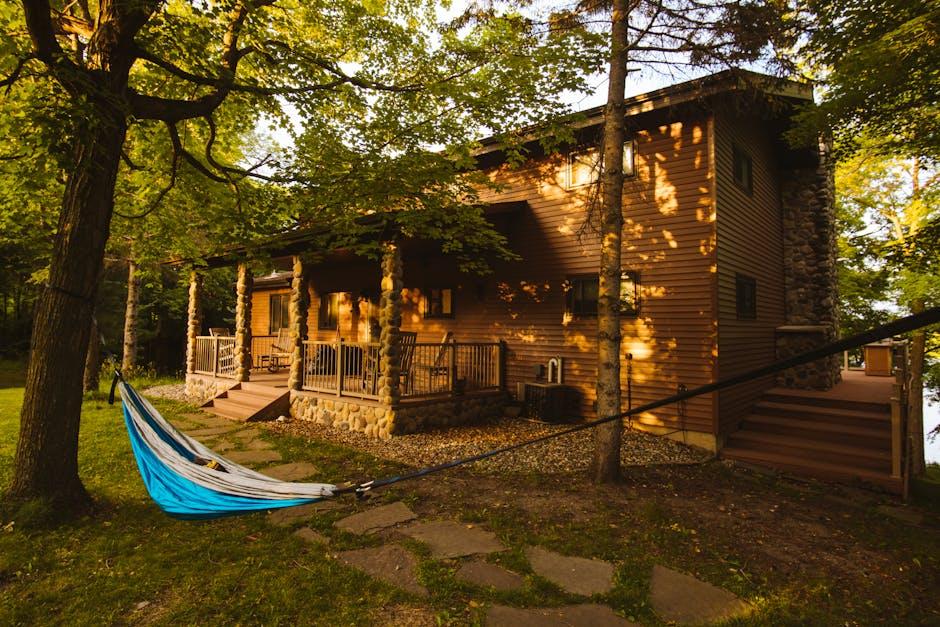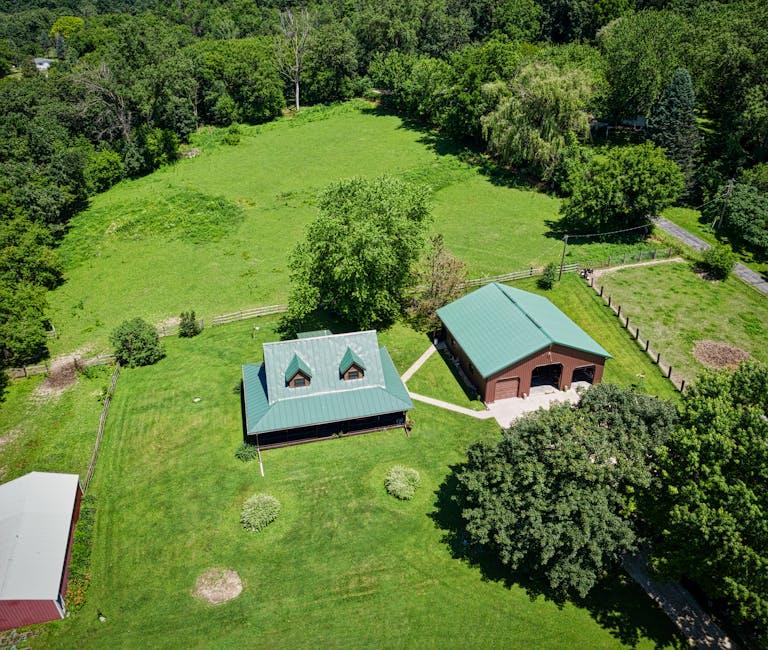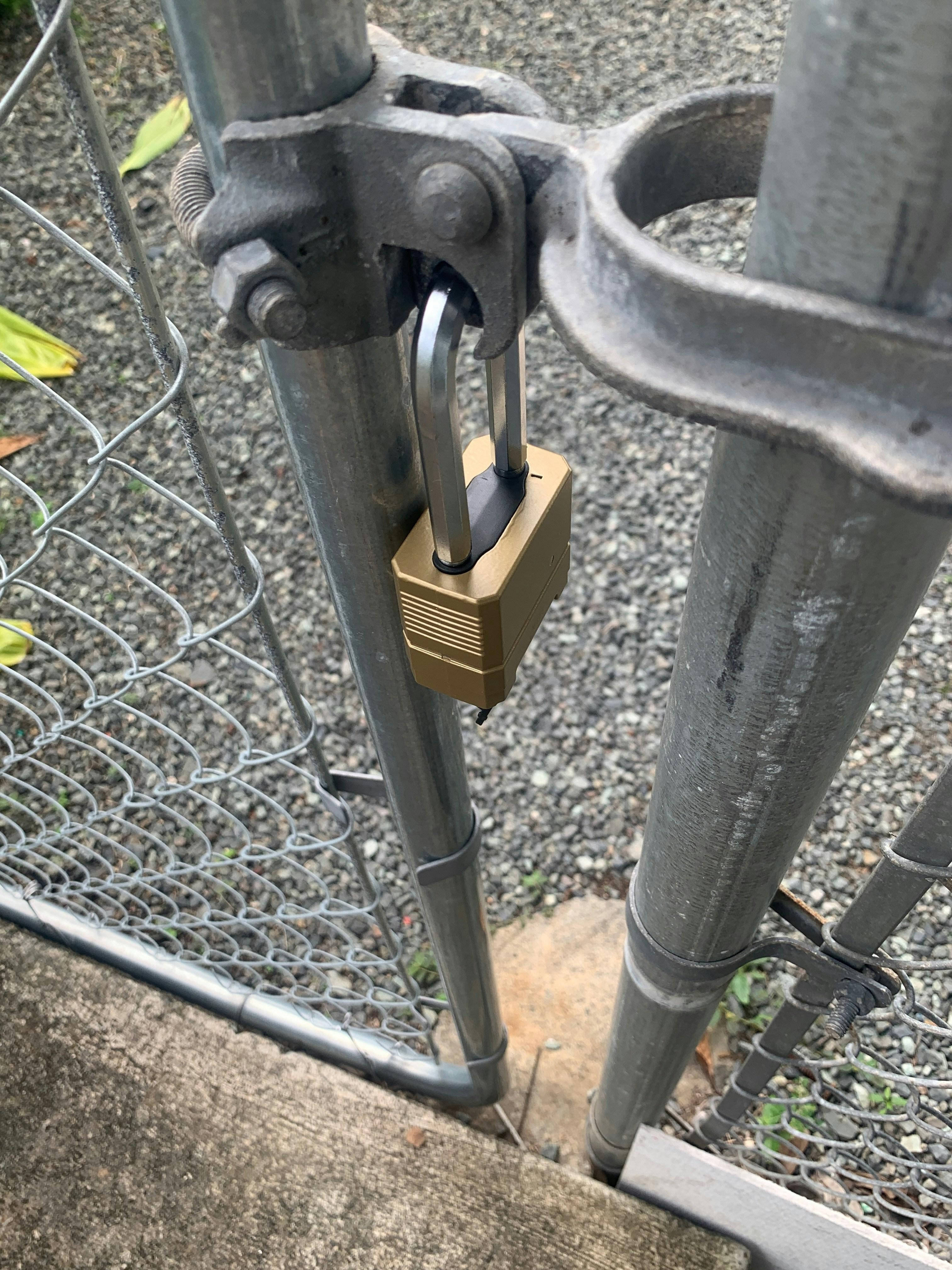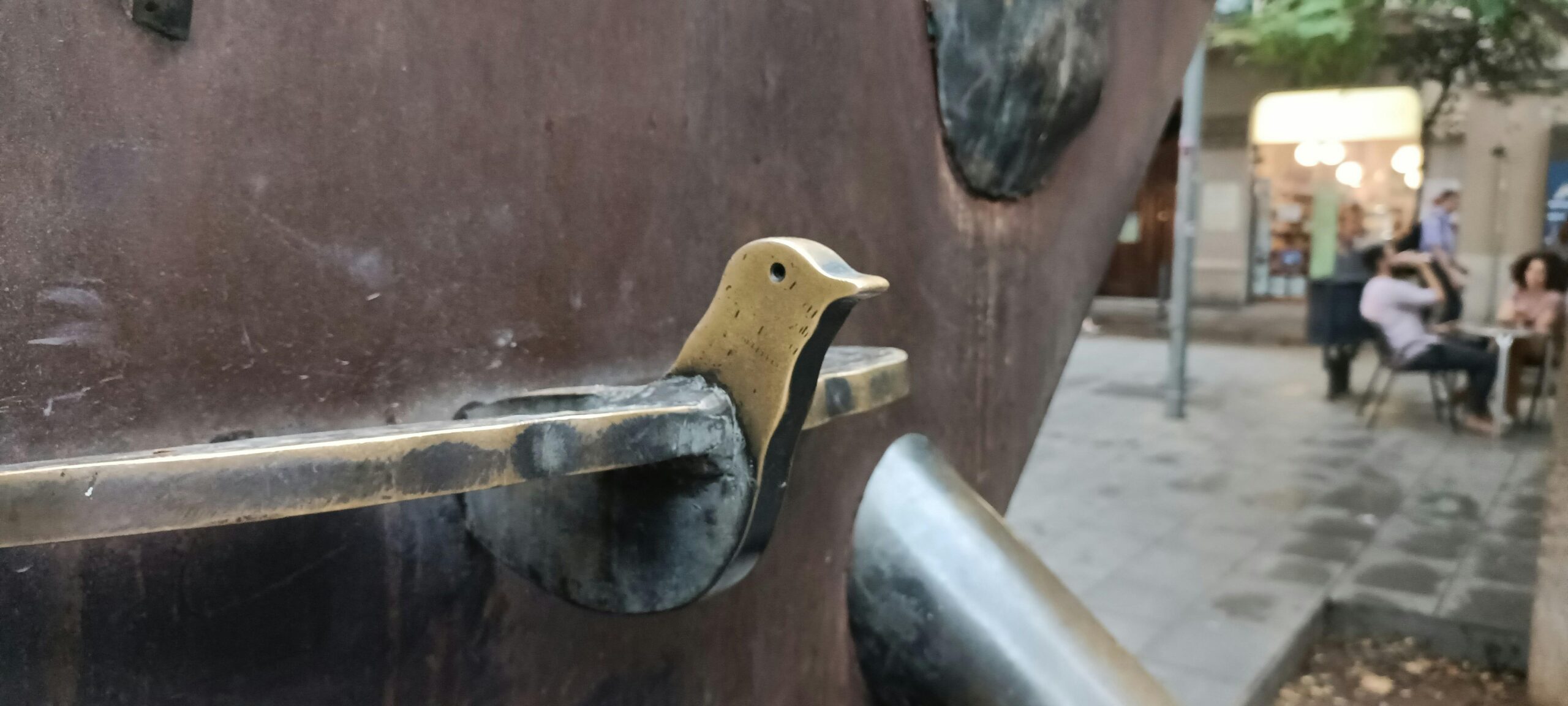In the Land of 10,000 Lakes, where cozy homes are cherished sanctuaries, feeling secure is more than just a comfort-it’s a necessity. Whether you’ve just moved into a new Minnesota abode or it’s time to rethink your home’s safety measures, rekeying your locks offers a smart, cost-effective solution. But why should Minnesotans give rekeying a second look? From protecting against lost keys to adapting to unexpected life changes, this article explores the top five compelling reasons to rekey your home locks, ensuring your peace of mind without the need for a full lock replacement.
Table of Contents
- Understanding the Unique Security Challenges in Minnesota Homes
- The Benefits of Rekeying After Moving to a New Residence
- Enhancing Safety Following Lost or Stolen Keys
- Cost-Effective Solutions Compared to Lock Replacement
- When to Consult a Professional Locksmith for Rekeying Needs
- Q&A
- Closing Remarks

Understanding the Unique Security Challenges in Minnesota Homes
Living in Minnesota means facing a blend of unique security challenges shaped by the state’s diverse climate, urban-rural divide, and seasonal lifestyle shifts. From harsh winters that can complicate lock mechanisms to quiet neighborhoods where homes might be targeted during extended absences, the security landscape is multifaceted. Additionally, the cold snaps can make damaged or compromised locks a bigger risk, as repair delays during extreme weather leave homes vulnerable.
Homeowners should also consider the implications of frequent relocations and the high turnover of rental properties in certain areas. Without proper rekeying, former tenants or previous owners might still retain access, posing a hidden security threat. Here are some key factors Minnesota residents must keep in mind:
- Weather-induced wear: Frost and moisture impacting lock integrity.
- Seasonal absences: Vacant homes during winters and summers increasing risk.
- Property turnover: Renting and selling require prompt lock updates.
- Remote locations: Delays in emergency lock services in rural areas.
- Wildlife interference: Occasional damage from animals affecting lock operation.

The Benefits of Rekeying After Moving to a New Residence
Moving into a new home in Minnesota is an exciting chapter, but one crucial step often overlooked is securing your new space by changing the locks. Many previous owners, renters, or contractors could still have access to your home’s keys. Rekeying your locks ensures that only you and trusted individuals hold the keys, effectively eliminating potential security risks. This simple precaution restores your peace of mind, knowing that no unwanted copies of your keys exist in the neighborhood.
Beyond safety, rekeying offers a practical advantage: it’s often more cost-effective than completely replacing locks. With rekeying, a locksmith alters the internal workings of your existing lock without changing the physical hardware, allowing you to keep your current fixtures. This process can also consolidate your keys, so one key can open multiple locks. Consider the convenience and enhanced control-your home becomes easier to manage, with fewer keys to keep track of and increased security tailored specifically for your new residence.

Enhancing Safety Following Lost or Stolen Keys
When your keys go missing or are stolen, the risk to your home’s security spikes significantly. Simply hoping the misplaced key won’t fall into the wrong hands is a gamble you can’t afford. Rekeying the locks immediately replaces your old key’s access by altering the lock’s internal mechanisms, rendering any lost keys useless. This proactive step provides peace of mind, as only newly issued keys will operate the locks, ensuring no unauthorized entry.
In addition to restoring security, rekeying brings practical advantages such as cost-effectiveness and ease of key management. Instead of replacing entire lock hardware, which can be pricey and time-consuming, rekeying alters just the pins or wafers inside your existing lock. Plus, it allows you to consolidate different locks under a single key, streamlining access for you and trusted family members.
- Quick turnaround for enhancing security
- Eliminates risk from lost or stolen keys
- Saves money compared to lock replacement
- Customizes which keys work for your home
- Simplifies key management for multiple locks
| Risk Factor | Rekeying Benefit |
|---|---|
| Lost keys circulating | Deactivates old keys instantly |
| Stolen keys potential misuse | Prevents unauthorized access |
| Multiple untracked copies | Enables controlled key distribution |

Cost-Effective Solutions Compared to Lock Replacement
When considering security upgrades, choosing to rekey your locks offers a significantly more budget-friendly alternative compared to full lock replacements. Rekeying involves altering the internal mechanisms so that the existing keys no longer work, allowing new keys to be used without changing the entire lock system. This not only saves on the cost of buying new hardware but also cuts down on labor expenses, making it an attractive choice for homeowners wanting to enhance security without breaking the bank.
To put costs in perspective, here’s a quick comparison:
| Service | Average Cost | Turnaround Time |
|---|---|---|
| Rekeying Locks | $20 – $50 per lock | 30-60 minutes |
| Lock Replacement | $100 – $250 per lock | 1-2 hours |
Beyond the economic benefits, rekeying offers a sustainable and efficient approach. It minimizes waste by reusing existing hardware and can often be completed quicker than installing new locks. If you’re aiming to bolster your home’s security in Minnesota without excessive costs, rekeying delivers practical value that’s hard to beat.

When to Consult a Professional Locksmith for Rekeying Needs
Whenever you face concerns about your home’s security, the expertise of a professional locksmith becomes invaluable. If you’ve recently moved into a new residence or lost your keys, relying on a trained locksmith ensures that your locks are rekeyed with precision and care. Attempting DIY methods often leads to damaged locks or ineffective security solutions, making certified locksmiths the best choice for peace of mind.
Here are a few situations where seeking professional help is essential:
- After a break-in or attempted forced entry
- When multiple keys are lost or unaccounted for
- Upgrading the security system without full lock replacement
- Changing access permissions for tenants or roommates
| Scenario | Why Professional Service Matters |
|---|---|
| Lost Keys | Prevent unauthorized access fast and effectively |
| New Homeowners | Guarantee no previous owners retain entry |
| Security Upgrade | Ensure complex lock rekeying with precision |
Q&A
Q&A: Top 5 Reasons to Rekey Your Home Locks in Minnesota
Q1: What does it mean to rekey your home locks?
A1: Rekeying your home locks involves changing the internal mechanism of your existing locks so that old keys no longer work. Instead, new keys are issued, providing fresh security without replacing the entire lock system.
Q2: Why is rekeying important for homeowners in Minnesota?
A2: Minnesota’s varied climate and active lifestyles mean homes can experience increased security risks-from lost keys to weather-related wear. Rekeying ensures that only authorized individuals have access, enhancing peace of mind amidst Minnesota’s unique living conditions.
Q3: What are the top reasons to rekey locks specifically in Minnesota?
A3:
- After Moving Into a New Home: Never assume previous owners or contractors don’t still have keys. Rekeying guarantees your home’s security.
- Lost or Stolen Keys: Minnesota’s snowy winters and busy seasons pose a higher risk of losing keys-rekeying nullifies any misplaced keys’ access.
- Seasonal Rentals and Guests: Many Minnesotans rent cabins or have frequent visitors. Rekeying after guests leave prevents unauthorized entry.
- Weather Wear and Tear: The cold and moisture can cause locks to rust or malfunction. Rekeying can be paired with maintenance, ensuring locks work smoothly.
- Cost-Effective Security Upgrade: Rekeying is often cheaper and faster than replacing locks, which is ideal when quick security fixes are needed after an incident.
Q4: How long does it typically take to rekey home locks?
A4: Most locksmiths can complete rekeying for an average home within an hour or two. This minimal downtime means you regain secure access quickly without major disruptions.
Q5: Is rekeying a DIY job, or should I hire a professional in Minnesota?
A5: While some handy homeowners might attempt DIY rekeying, hiring a professional locksmith ensures the job is done accurately and securely. Professionals can also advise on the best lock options suited for Minnesota’s climate and security needs.
Q6: Can rekeying improve the overall security of my home beyond just key control?
A6: Absolutely. Rekeying provides a fresh layer of control over who has access and can be combined with other security upgrades like deadbolts or smart locks-especially relevant in Minnesota where protecting against break-ins during long winter nights is crucial.
Q7: How often should I consider rekeying my home locks?
A7: It depends on your circumstances, but common recommendations are after moving, losing keys, significant guest turnover, or if you suspect a security breach. For Minnesotans, regular checks aligned with seasonal changes can also be prudent.
This Q&A aims to highlight why rekeying is a practical, often overlooked security measure tailored to Minnesota homeowners’ unique needs.
Closing Remarks
In the unpredictable winters and warm summers of Minnesota, ensuring your home’s security goes beyond just locking the door. Rekeying your locks is a smart, cost-effective way to regain control, enhance safety, and bring peace of mind to your sanctuary. Whether you’ve moved into a new place, misplaced a key, or simply want to upgrade your home’s protection, these top five reasons highlight why rekeying should be on your to-do list. After all, in the land of 10,000 lakes, your home deserves to be a fortress of comfort and security-one key turn at a time.





